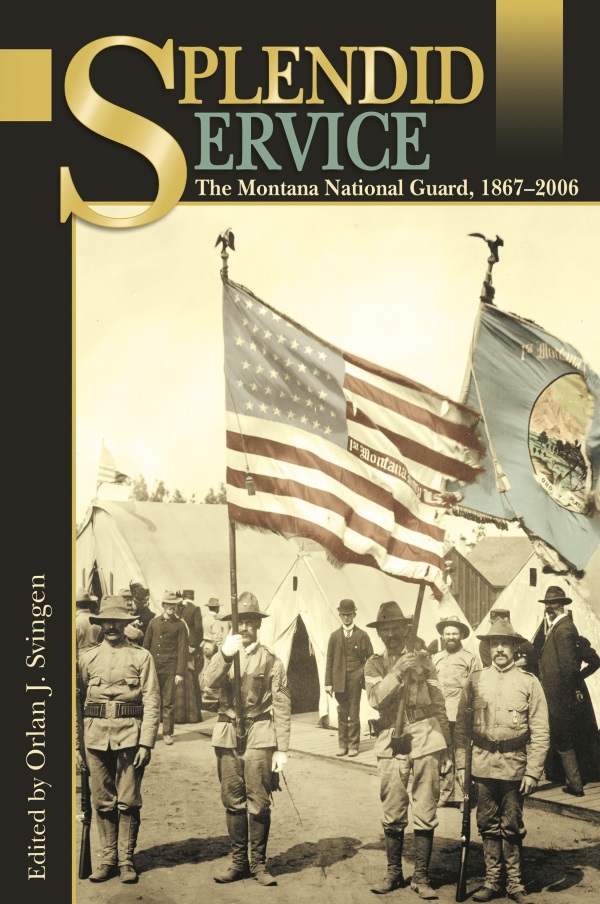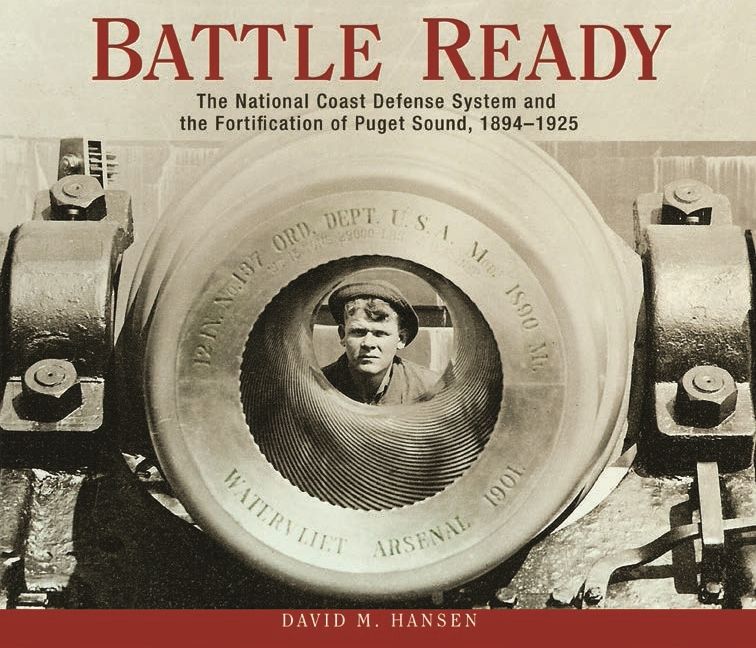Description
The time is November 1945, not long after Jack Elkins has returned from a prison camp in Japan to his hometown of Oakesdale, Washington. An autumn evening finds him before a gathering of townspeople clamoring to hear about his experiences. Jack is in turmoil. What they really want, he senses, is nice, neat stories of heroes who beat the odds. They want “blood without spatters” and death with dignity. What can he tell them? Burned forever in his mind are images of Japanese blood staining blue Manila Bay; of maggots assaulting the corpse of a buddy; of prisoner after prisoner relegated to small wooden boxes holding their cremated remains. Jack is unable to talk about what happened during his three years in Japanese prison camps. “There is no middle ground,” in his estimation. “You either tell them all or tell them nothing.” Standing up to the microphone, he whispers barely ten words to the audience, then sits down—and tries for the next half-century to forget.
It was fifty years before Jack could talk about his experiences as a prisoner of war; and he wasn’t alone. In Captured Honor, author Bob Wodnik presents the stories of several Washington POWs. Yet this book is much more than a series of memoirs. Wodnik opens a variety of windows on World War II. Readers see prison-camp life in unrelenting detail. They glimpse the impact of firebombing on Japanese cities. They hear the difficulties of World War II veterans in adapting to life after the war. In an intriguing counterpoint, Wodnik anchors the entire work in the lobby of the Strand Hotel in downtown Everett, contrasting the horrors of a Japanese prison camp with the quiet life of a bibliophile desk clerk during World War II.
Photographs / index / 192 pages (2003)











